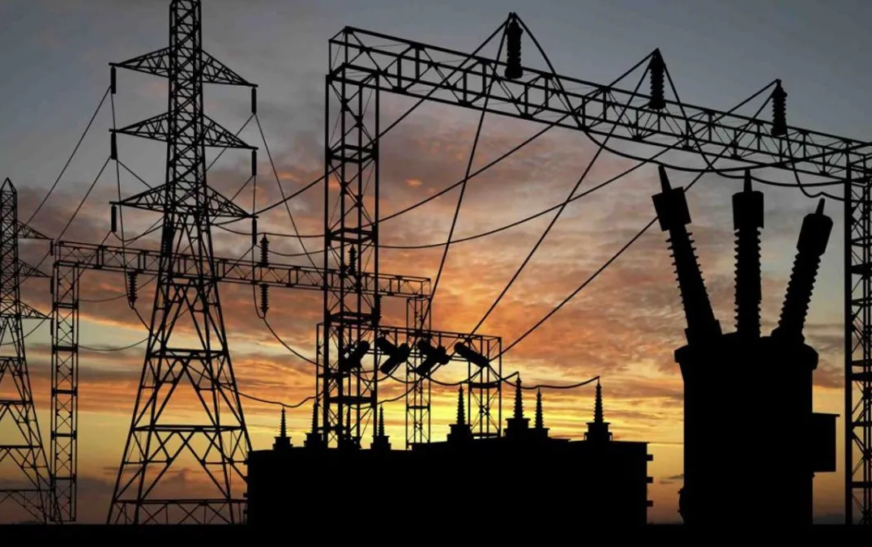Discos, The Federal Government has accused power distribution companies of not remitting a total of N128.3bn between January and June 2022.
This was disclosed in the second quarter 2022 report of the Nigerian Electricity Regulatory Commission released on Thursday.
In the report, it was indicated that the power firms did not remit N58.32bn in the second quarter of last year.
According to Punch, the first quarter report of the commission showed that the Discos failed to remit N69.94bn to the country’s electricity market regulator during the review period.
The power sector regulator said the power firms did not make the outstanding remittances to the Nigerian Bulk Electricity Trading Plc and the Market Operator, an arm of the Transmission Company of Nigeria.
NERC speaking on the power market remittance in the second quarter stated that the combined invoices from the NBET and MO to the Discos in Q2 2022 was N185.01bn, split into generation costs – N149.89bn, while transmission and administrative services was put at N35.12bn.
Read Also: Cody Gakpo To Join Liverpool From PSV
The report stated, “Out of this amount, the Discos collectively remitted a total sum of N126.69bn (N102.35bn for NBET and N24.34bn for MO) with an outstanding balance of N58.32bn.
“This corresponds to a remittance performance of 68.48 per cent during the quarter. Poor remittance is a direct consequence of the Discos recording higher than allowed ATC&C (Average Technical Commercial and Collection) performance as established above.”
The platform said that the data sourced from the Q1, 2022 report of the NERC on market remittance indicated that the combined invoices from NBET and MO to Discos in the first quarter of last year was N205.63bn, split into generation costs – N164.86bn; while transmission and administrative services was N40.77bn.
The commission said, “Out of this amount, the Discos collectively remitted a total sum of N135.69bn (N109.96bn for NBET and N25.73bn for MO) with an outstanding balance of N69.94bn. This corresponds to a remittance performance of 65.99% during the quarter.”
Discos remit N291bn to CBN in eight months
The liquidity crisis in the power sector has been repeatedly attributed to the unimpressive remittances by power distribution companies to the electricity market since the privatisation of the industry in November 2013.
The President, Nigeria Consumer Protection Network, and coordinator, Power Sector Perspectives, Kunle Olubiyo, speaking on the report said that the in-coming government must take a holistic look at the power sector.
He particularly noted that the privatisation of the successor distribution and generation companies of the defunct Power Holding Company of Nigeria in November 2013, should be reviewed.
This, he said, was particularly due to the dysfunctional outputs of the power distributors since they were privatised, adding that the 10-year moratorium on power sector privatisation would end this year.
Olubiyo said, “When this moratorium expires by October, naturally it will be without litigation because they’ve given the privatised companies 10 years. And so if in between the lines we try to shift the goal post, then litigation can arise.
“If not for the activities of the banks that are now involved in the day-to-day running of some Discos, there is no way we would have been able to push out this height of impunity in the sector. People make as much as N15bn in a month and they will still have a licence for zero remittance.

“As consumers are we not paying our power bills? For the generation companies, don’t they pay for gas? And somebody will collect money on our behalf and will not remit. So this system of privatisation cannot work and has not worked since the sector was privatised 10 years ago.”
The latest Q2 2022 NERC report also disclosed the collection efficiency by the power distributors in the second quarter of last year.
It said, “The total revenue collected by all Discos in Q2 2022 was N188.29bn out of N265.68bn billed to customers. This corresponds to a collection efficiency of 70.87 per cent, which represents a 1.53 percentage point increase compared to Q1 2022 where the average collection efficiency was 69.34 per cent.”









